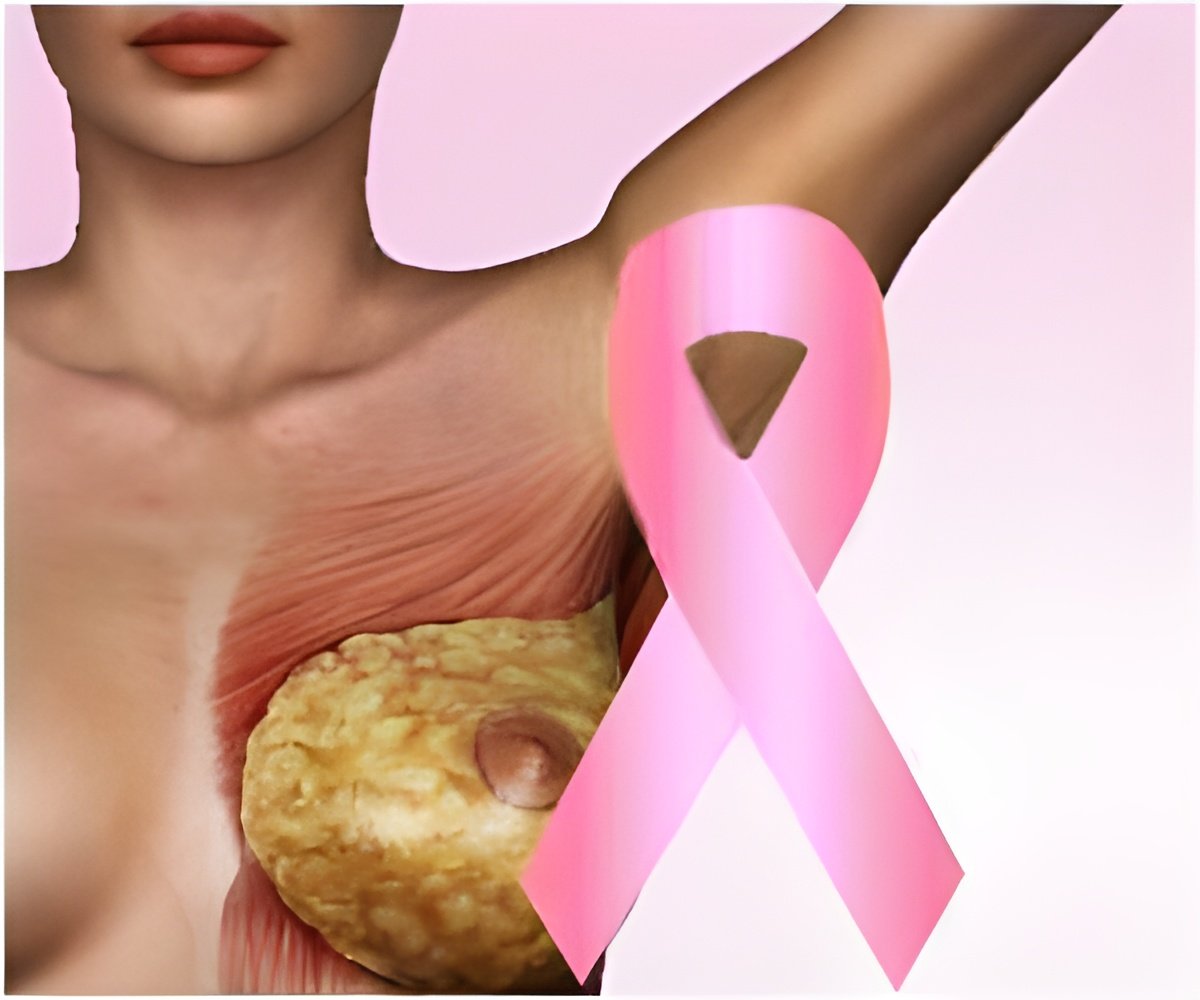Doctors have claimed that a new breast cancer drug has been found which increases remission time and reduces side-effects of chemotherapy.

The Freeman Hospital in Newcastle was among a handful of centres across the world to test a new treatment for advanced breast cancer.
Results from the study also show the drug, T-DM1, significantly reduces the side effects of chemotherapy.
While T-DM1 is undergoing further trials, the discovery is being hailed as a major step forward.
Dr Mark Verrill, consultant medical oncologist at the Newcastle Hospitals NHS Foundation Trust, has played a key role in the study, which specifically looked at an advanced form of the disease known as HER2-positive.
"For the first time in breast cancer, we have been able to significantly extend patients' remission time while also reducing the side effects associated with chemotherapy," the Daily Mail quoted him as saying.
"Once it reaches the advanced stage it becomes difficult to treat and there is a real need for effective new treatments, like T-DM1, to improve the outlook for women with this aggressive disease," he said.
It joins together the accuracy of the HER2-targeted antibody, called Herceptin, with the power of the chemotherapy agent, DM1, as a single therapy.
T-DM1 has been designed to find and destroy only the cancerous cells in a two-stage attack.
Firstly, it attaches to the cancer growth and blocks signals that encourage the tumour to get larger and spread.
Then it penetrates the cell's outer defences and releases a high dose of chemotherapy to destroy it from within.
The study's results have been welcomed by breast cancer survivor, Joanne Smith, from Whickham, Gateshead.
"For the first time in breast cancer, we have been able to significantly extend patients' remission time while also reducing the side effects associated with chemotherapy," she said.
The 41-year-old, who was diagnosed in 2005 and had treatment over four years, said: "Anything that helps people beat breast cancer is going to be good news and is very welcome.
"It's lovely that advances are being made and it's especially lovely that the North East has played a part in it," she added.
Results from the study show that more patients responded to T-DM1 and for a longer period of time, compared with the currently licensed treatment known as lapatinib plus capecitabine chemotherapy.
Researchers believe the technique of attaching a powerful chemotherapy to an antibody, like Herceptin, could also change the way other breast cancers are treated in the future.
Source-ANI
 MEDINDIA
MEDINDIA




 Email
Email










